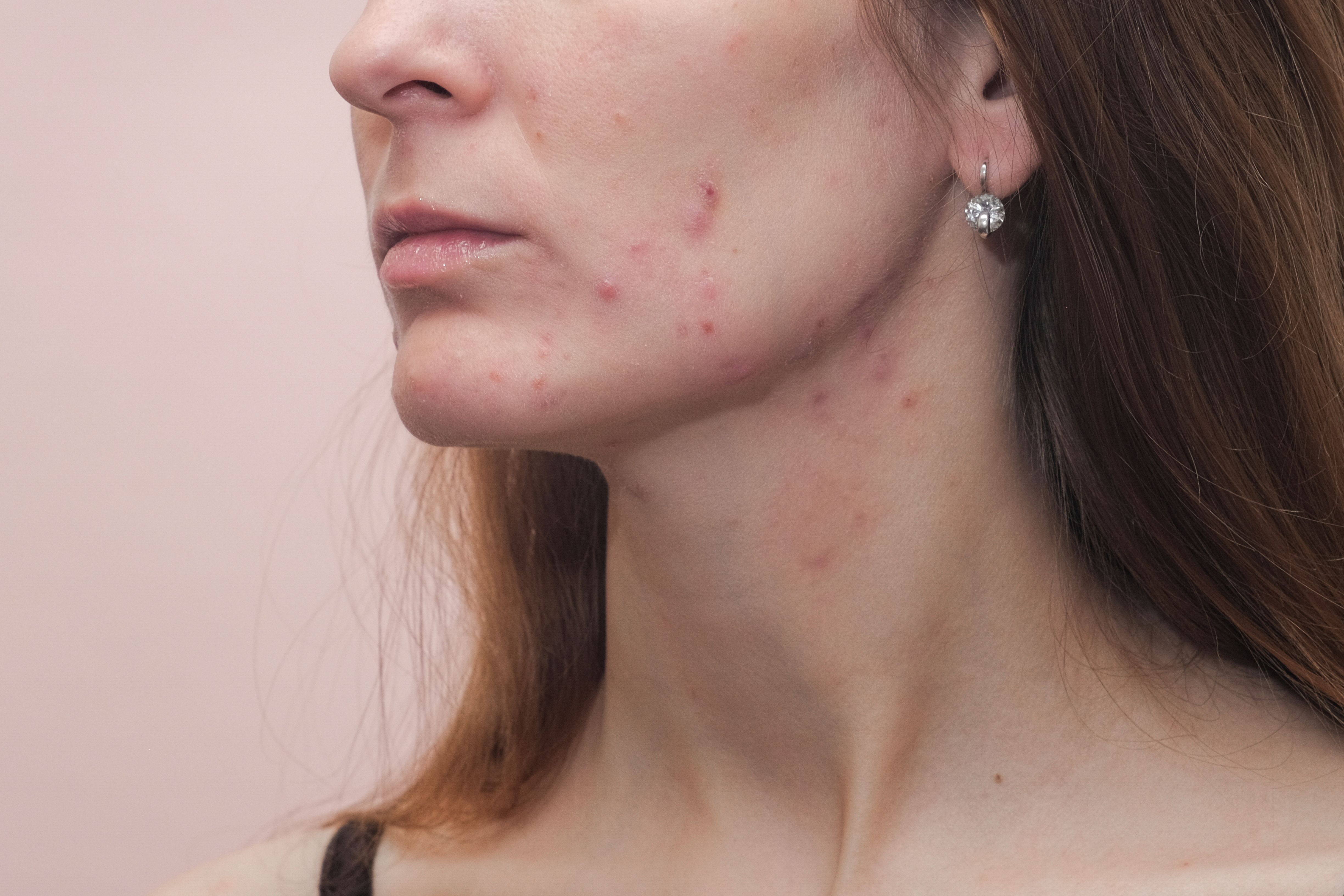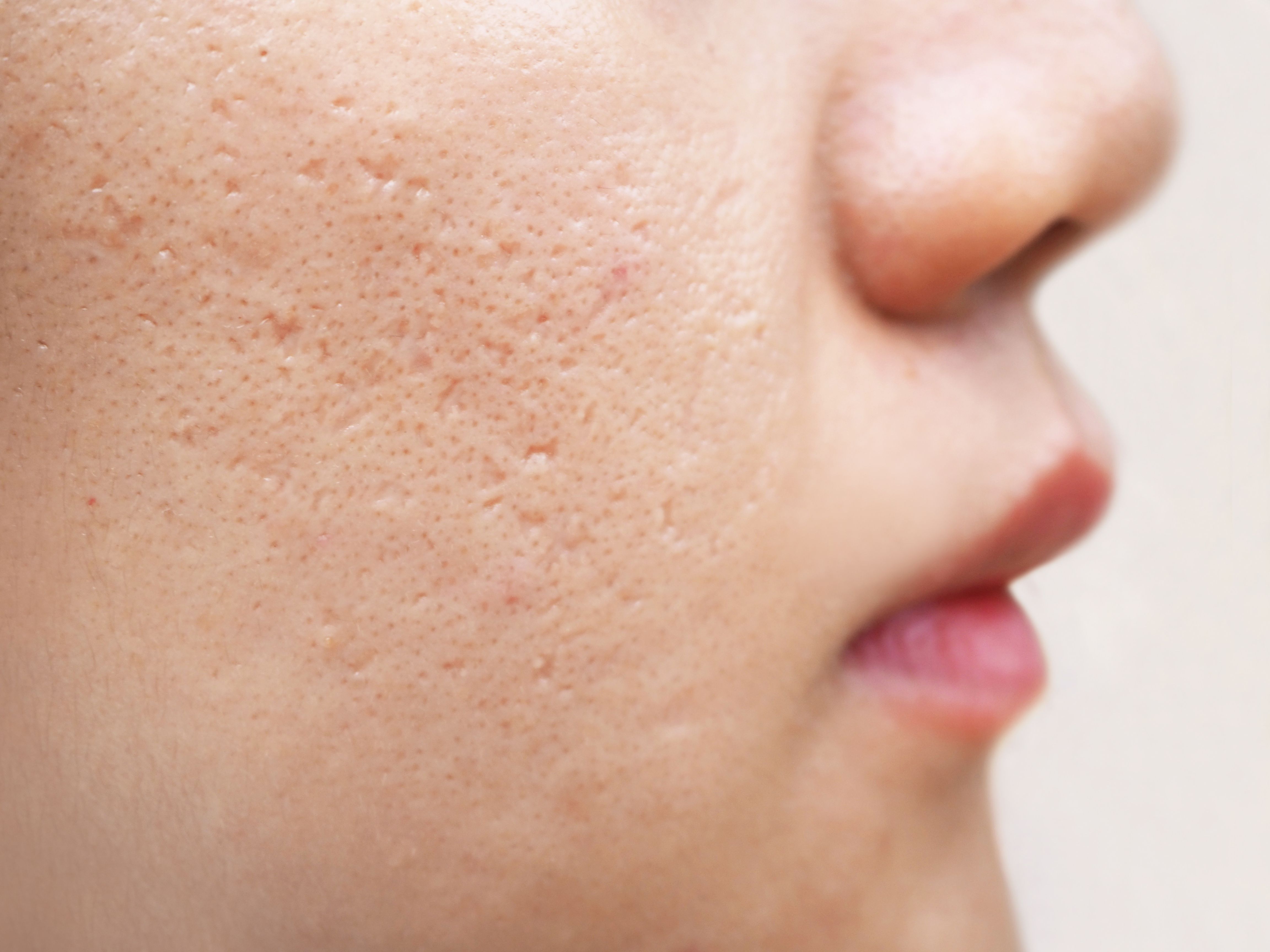- Acne
- Actinic Keratosis
- Aesthetics
- Alopecia
- Atopic Dermatitis
- Buy-and-Bill
- COVID-19
- Case-Based Roundtable
- Chronic Hand Eczema
- Chronic Spontaneous Urticaria
- Drug Watch
- Eczema
- General Dermatology
- Hidradenitis Suppurativa
- Melasma
- NP and PA
- Pediatric Dermatology
- Pigmentary Disorders
- Practice Management
- Precision Medicine and Biologics
- Prurigo Nodularis
- Psoriasis
- Psoriatic Arthritis
- Rare Disease
- Rosacea
- Skin Cancer
- Vitiligo
- Wound Care
News
Article
Low Incidence of Elevated Liver Enzymes Exhibited Among Patients Using Isotretinoin
Author(s):
Researchers found that high levels of AST and ALT in patients with acne taking oral isotretinoin was low in incidence.
An adverse effect associated with the use of isotretinoin for acne treatment is the potential for elevate liver enzymes, including that of aspartate aminotransferase (AST) and alanine aminotransferase (ALT).
In a recent study at the King Faisal University Polyclinic in Al-Ahsa, Saudi Arabia, researchers delved into the prevalence of liver enzyme changes during isotretinoin therapy.
Conducting a retrospective analysis, the study examined medical records of 97 acne patients on systemic isotretinoin. The patients, predominantly females (69.1%), were assessed for baseline, second, and final readings of AST and ALT. The majority had not used isotretinoin before, with varying starting and ending doses over a 6-month period.
Among the patients, 3.1% exhibited elevated AST and 2.1% elevated ALT before treatment.
The second readings showed increases in AST for 7.2% and ALT for 5.2%, while the final readings indicated 8.2% with elevated AST and 4.1% with elevated ALT.
Additionally, the study identified associations between elevated pre-treatment AST levels and the male gender, age of acne onset at 16-19 years, and weight exceeding 70 kg. However, these associations were not observed in the final AST readings. Male gender was associated with elevated pre-treatment ALT and final readings.
While male patients and those with higher body weight exhibited a slightly higher risk of abnormal liver enzymes, the overall incidence was insufficient to recommend frequent laboratory monitoring, especially given the associated financial and emotional burdens, wrote researchers.
The study aligns with existing literature on isotretinoin-associated liver enzyme changes. The prevalence of elevated AST and ALT levels was low, comparable to findings from studies of a similar nature.
A prior retrospective analysis of 143 patients with acne on isotretinoin found similar trends in AST levels, with a higher prevalence in the second and final readings. Another study involving 200 patients reported varying rates of elevated AST and ALT levels over 6 months. This underlines the variability in responses to isotretinoin.
Studies in different regions of Saudi Arabia, such as Al Qassim and Riyadh, reported discrepancies in the prevalence of liver enzyme changes. These disparities emphasize the need for location-specific investigations due to potential genetic or environmental influences.
According to study authors, potential limitations of the study included the absence of BMI data and the single-center approach with a small sample size limit the generalizability of the findings.
"The findings of this study indicate that oral isotretinoin can cause an elevation in ALT and AST levels but the incidence of these laboratory abnormalities is low, and the elevation was not associated with significant morbidity," wrote Al Dhafiri et al. "Our findings support less frequent laboratory monitoring for acne patients on isotretinoin who had normal baseline labs. Frequent laboratory monitoring of these patients carries financial and emotional implications and lacks strong evidence to support this practice."
Reference
Al Dhafiri M, Kaliyadan F, Almukhaimar S, et al. Isotretinoin use and liver enzymes changes: A single-center study in Saudi Arabia. Cureus. Published December 29, 2023. Accessed January 10, 2024. doi: 10.7759/cureus.51263
Newsletter
Like what you’re reading? Subscribe to Dermatology Times for weekly updates on therapies, innovations, and real-world practice tips.












